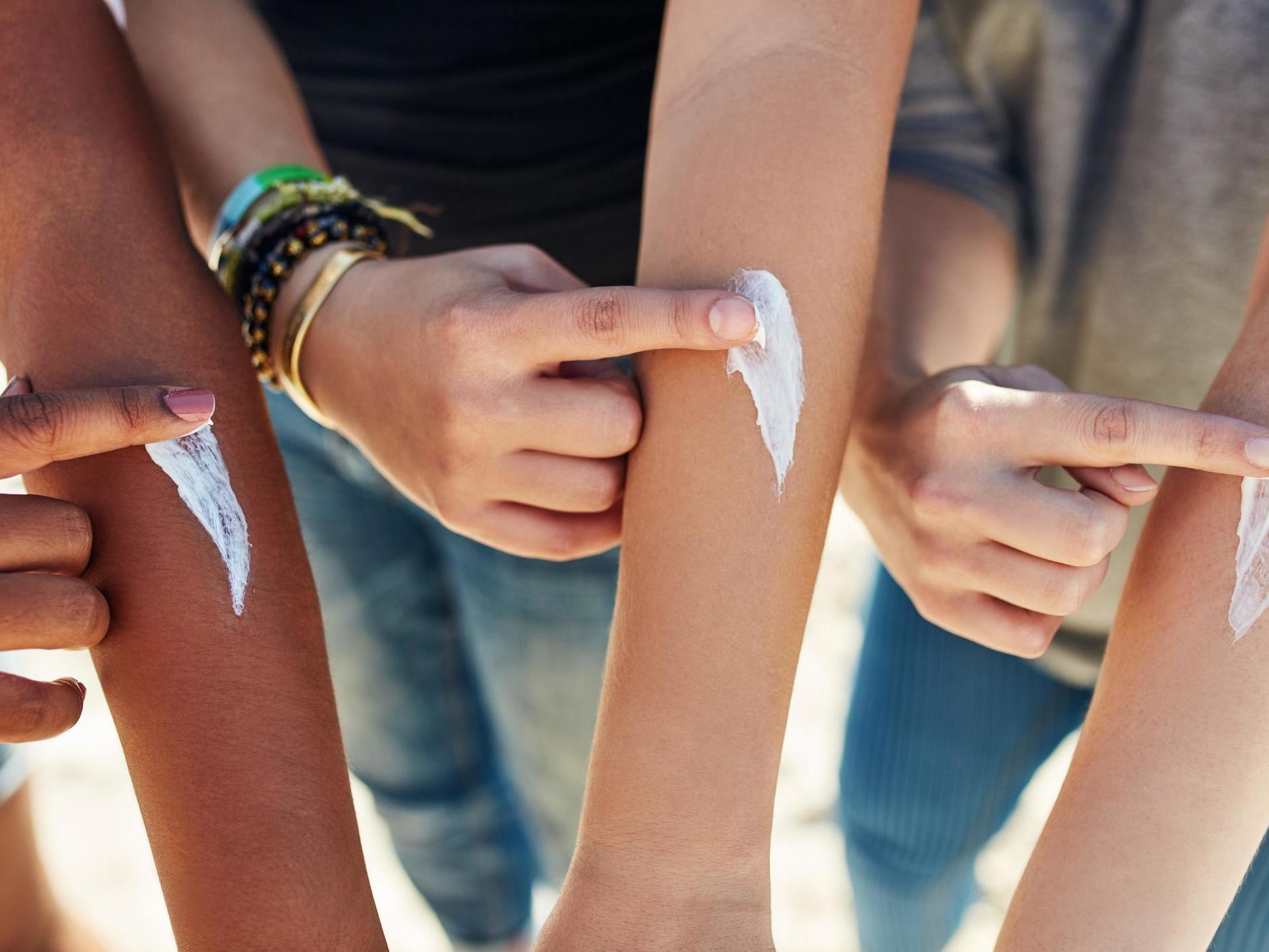Gay and bisexual men 'more likely to suffer skin cancer', study finds
Researchers suggest sunbeds could be to blame

Your support helps us to tell the story
From reproductive rights to climate change to Big Tech, The Independent is on the ground when the story is developing. Whether it's investigating the financials of Elon Musk's pro-Trump PAC or producing our latest documentary, 'The A Word', which shines a light on the American women fighting for reproductive rights, we know how important it is to parse out the facts from the messaging.
At such a critical moment in US history, we need reporters on the ground. Your donation allows us to keep sending journalists to speak to both sides of the story.
The Independent is trusted by Americans across the entire political spectrum. And unlike many other quality news outlets, we choose not to lock Americans out of our reporting and analysis with paywalls. We believe quality journalism should be available to everyone, paid for by those who can afford it.
Your support makes all the difference.Gay and bisexual men are more likely to get skin cancer, a new study has found.
According to research conducted by Brigham and Women’s Hospital in Boston and published in the journal JAMA Dermatology, rates of the disease are higher among gay and bisexual men compared to heterosexual men and women.
The study was conducted by gathering data through phone interviews with roughly 450,000 adults every year since 2014.
Researchers found that the rate of skin cancer was 8.1 per cent among gay men and 8.4 per cent among bisexual men.
Meanwhile, for heterosexual men the rate of skin cancer was 6.7 per cent. And for heterosexual women, it was 6.6 per cent.
This was reduced to 5.9 per cent and 4.7 percent for gay and bisexual women, respectively.
In light of the findings, lead author Dr Arash Mostaghimi said it’s “absolutely critical” that researchers ask about sexual orientation and gender identity when conducting national health surveys.
“If we never ask the question, we’d never know that these differences exist,” he added.
“This information helps inform the nation about how to allocate health resources and how to train providers and leaders.
“When we look at disparities, it may be uncomfortable, but we need to continue to ask these questions to see if we’re getting better or worse at addressing them.”
Dr Mostaghimi added that there were shortfalls in the study, for example, it did not include account for risk factors for skin cancer, such as UV exposure, Fitzpatrick skin type – a measure of skin colour and susceptibility to sunburn – and HIV status.
As for the discrepancies between sexualities, Dr Mostaghimi explained that it could be linked an increase in sunbed use among gay and bisexual men.
“Smaller studies have reported higher usage of indoor tanning beds among sexual minority men, a known risk factor for skin cancer,” he said.
“As a next step, we want to connect with sexual minority communities to help identify the cause of these differences in skin cancer rates. This is work that will need to be done thoughtfully but may help not just sexual minorities, but everyone.”
The NHS states that skin cancer is one of the most common cancers in the world. You can read more about the symptoms here.
Join our commenting forum
Join thought-provoking conversations, follow other Independent readers and see their replies
Comments